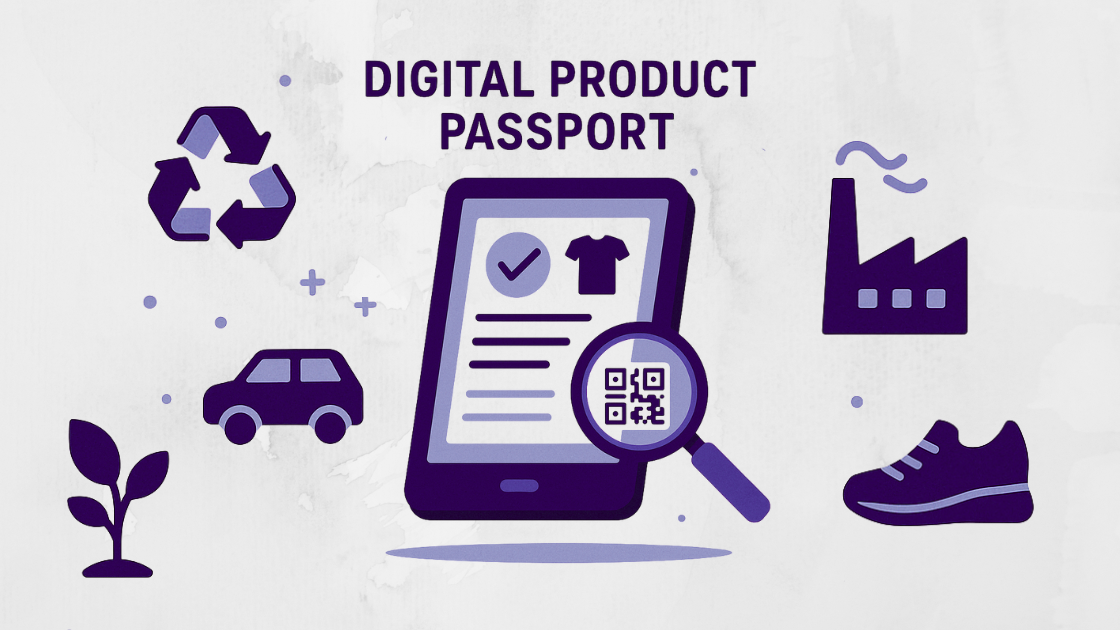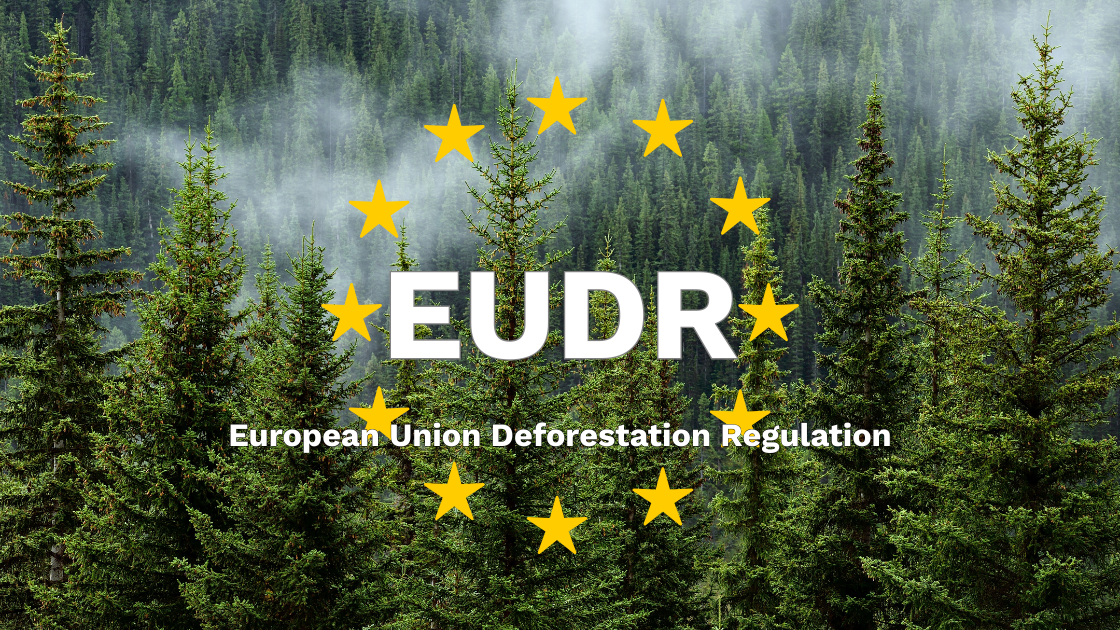The latest news on COP27: Key expectations and takeaways
From 6 to 18 November, heads of state, ministers and negotiators, along with climate activists, mayors, civil society representatives and CEOs gathered in the Egyptian coastal city of Sharm el-Sheikh for the largest annual meeting on climate action; the COP27.

It seems like a topic unfolding faraway, but the agreements made in Egypt will also start to affect our daily lives. Read what you, as an entrepreneur, need to know about the COP27 in this blog.
Conference of Parties (CoP)
Climate summits are held every year by the United Nations (UN), where governments agree on measures to limit global temperature rise. They are called COPs, which stands for "Conference of the Parties". The parties are the participating countries that signed the original UN climate agreement in 1992. COP27 is the 27th annual UN climate meeting. It will take place in Sharm el-Sheikh until 18 November.
Choosing direction
The world is warming due to human emissions, mainly from burning fossil fuels such as oil, gas and coal. According to UN climate scientists, the Intergovernmental Panel on Climate Change (IPCC), global temperatures have risen by 1.1 C and are heading towards 1.5 C. If temperatures rise 1.7 to 1.8 C above 1850 levels, half the world's population could be exposed to life-threatening heat and humidity, according to the IPCC. To prevent this, 194 countries signed the Paris Agreement in 2015, pledging to continue their efforts to limit the global temperature increase to 1.5 C.
Everyone participates (and should participate)
Thus, COP27 discussed two key issues: first, the conference should help reduce absolute emissions. Second, it should clarify what role countries can and should play in this. However, taking national responsibility is not just a government concern. Indeed, it will be passed on to other sectors. Therefore, all of the civil society is meeting in Egypt. It is essential that companies - of all sizes, sectors, and regions - raise their voices to call for action that creates a sustainable economy that leaves no one behind.
"In the face of an impending catastrophe, whose warning signs are already unbearably disastrous, weak action is unwise. No action is dangerous," Kenyan President William Ruto stressed. Yet, the world leaders were not able to find consensus that could obstruct the maximum temperature rise globally.
The role of SMEs
Obviously, SMEs have neither the power nor the resources to tackle climate change alone but are still disproportionately affected by its impacts. Therefore, governments and companies need to reform policies and support them to prevent small businesses from suffering.This while SMEs could play a pivotal role, given their central and resilient role in society. This is also why increasing attention is being paid to the role of entrepreneurs in solving climate issues, especially at the climate summit in Sharm el-Sheikh.
What to expect?
Even though the concrete output of the COP27 in Egypt is - as some refer to it - politically miserable, the importance of sustainability as part of business models seems established. Even so, as an entrepreneur, you are going to see this reflected in various ways in the coming period. For instance, accelerating the transition from coal, oil and gas to renewables and energy efficiency.
Thus, not only will companies' expertise be addressed, but also their responsibility. Very concretely, the importance of sustainability reporting will become even more central. Also, politicians are expected to put more emphasis in sustainable partnerships with the private sector. For instance, they will look at how to create a sustainable market, including through the use of your SME.
Eevery
Our mission is to support entrepreneurs in installing sustainability. We offer knowledge and expertise to give you tools to measure, report and communicate on sustainability.Want to know more about sustainability in times of crisis? Subscribe now and read the latest news for SMEs on ESG and sustainability, and COP27.



